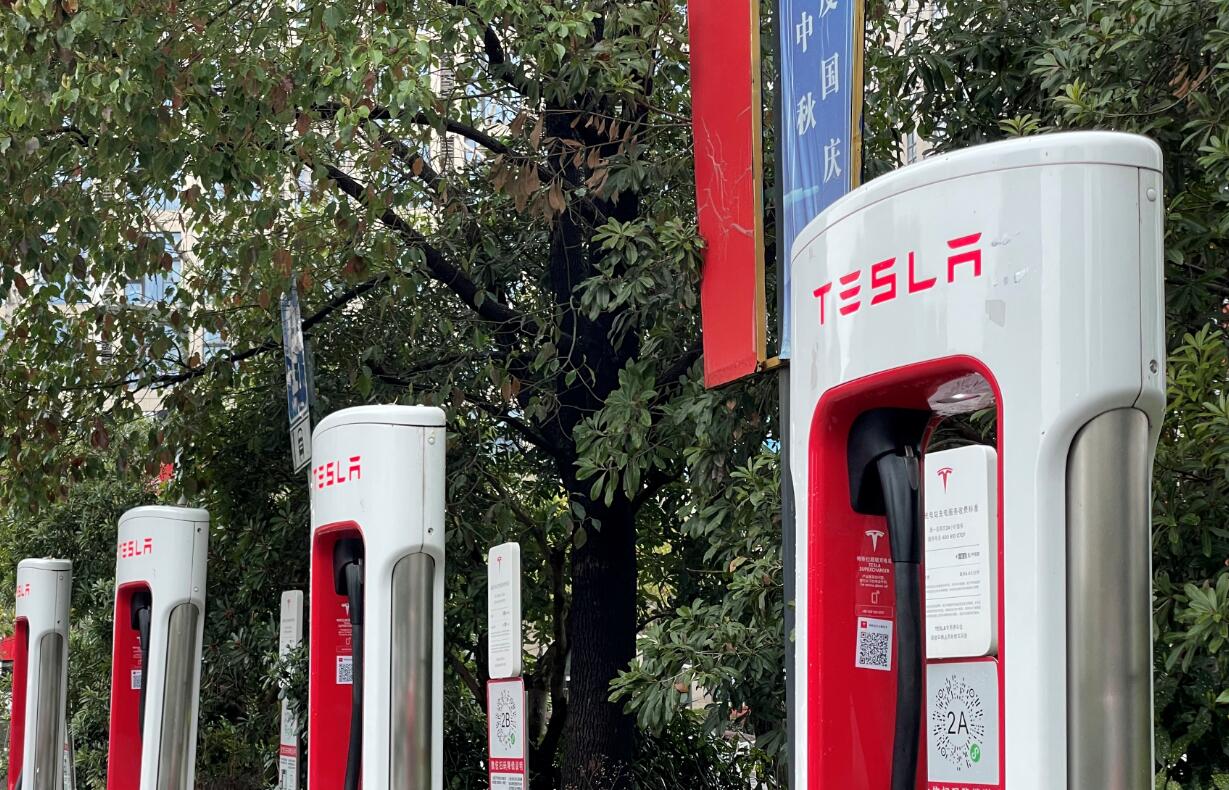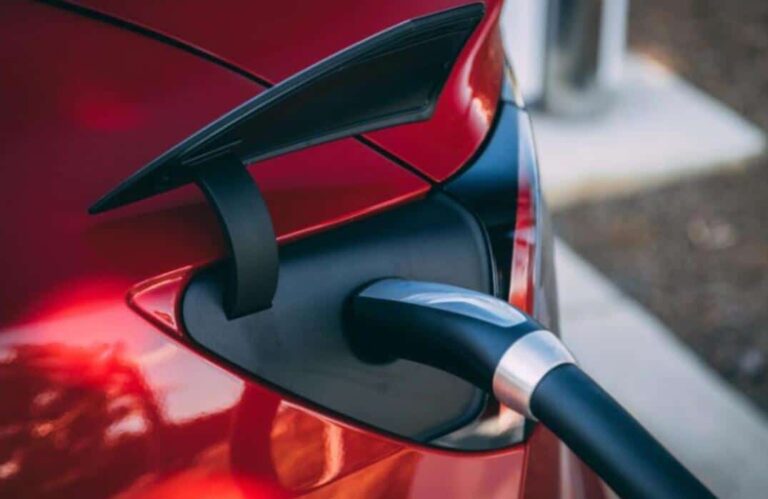
A new traffic rule announced six months ago has boosted new energy vehicle (NEV) sales in Shanghai significantly.
Sales of new energy vehicles in the eastern Chinese city topped 132,000 units in the past six months, a dramatic 3.5 fold increase from a year earlier and 3 percent higher than sales for all of last year, according to 21jingji.com.
On October 24, 2020, Shanghai released traffic management regulations that will escalate the restrictions on vehicles with license plates from other provinces and cities to pass in Shanghai.
Starting from November 2, 2020, the restriction on foreign license plates on the elevated inner ring of Shanghai will be extended. After May 1, 2021, the ordinary roads on the ground of the inner ring will be open to foreign license plates for a limited period of time.
The implementation of this new policy is a clear boost to new energy vehicle sales in Shanghai, as consumers can get a local license plate for free when purchasing a new energy vehicle, while purchasing a fuel vehicle requires a prior auction to obtain a license plate with a current price of around RMB 93,000 yuan($14,473).
Shanghai is one of the largest markets for new energy vehicles in China and has accounted for about 10 percent of total new energy vehicle sales in the Chinese market in the past few years. Its market share has increased by an additional 3-4 percentage points following the release of the aforementioned new policy.
Shanghai has been the top city in terms of monthly new energy vehicle sales for several months in a row and was able to gain a significant lead over the second place.
Beijing and Shenzhen are the next two regional markets for new energy vehicles after Shanghai over the past six months, but the combined sales of the two are 110,300 units, down from Shanghai's 132,200 units.
According to Data Vision, monthly sales of new energy vehicles in Shanghai have averaged 22,000 units over the past six months, an increase of roughly 142 percent compared to the previous six months.
Among them, Tesla grew 115 percent, BYD and Nio grew 214 percent and 161 percent, respectively, and ROEWE and Volkswagen grew 84 percent and 129 percent, respectively.
In Shanghai's new energy vehicle market, pure electric vehicles still occupy a considerable share, about 60 percent or more.
Plug-in hybrids and electric vehicles with extended-range technology have also seen significant sales growth following the release of the new traffic management regulations mentioned above, but the overall size is still not large.
In addition, in February this year, Shanghai announced the latest regulations to encourage the purchase and use of new energy vehicles. From January 1st, 2023, individual users as well as corporate users to purchase plug-in hybrid vehicles, Shanghai will no longer issue free special license plate quota.
